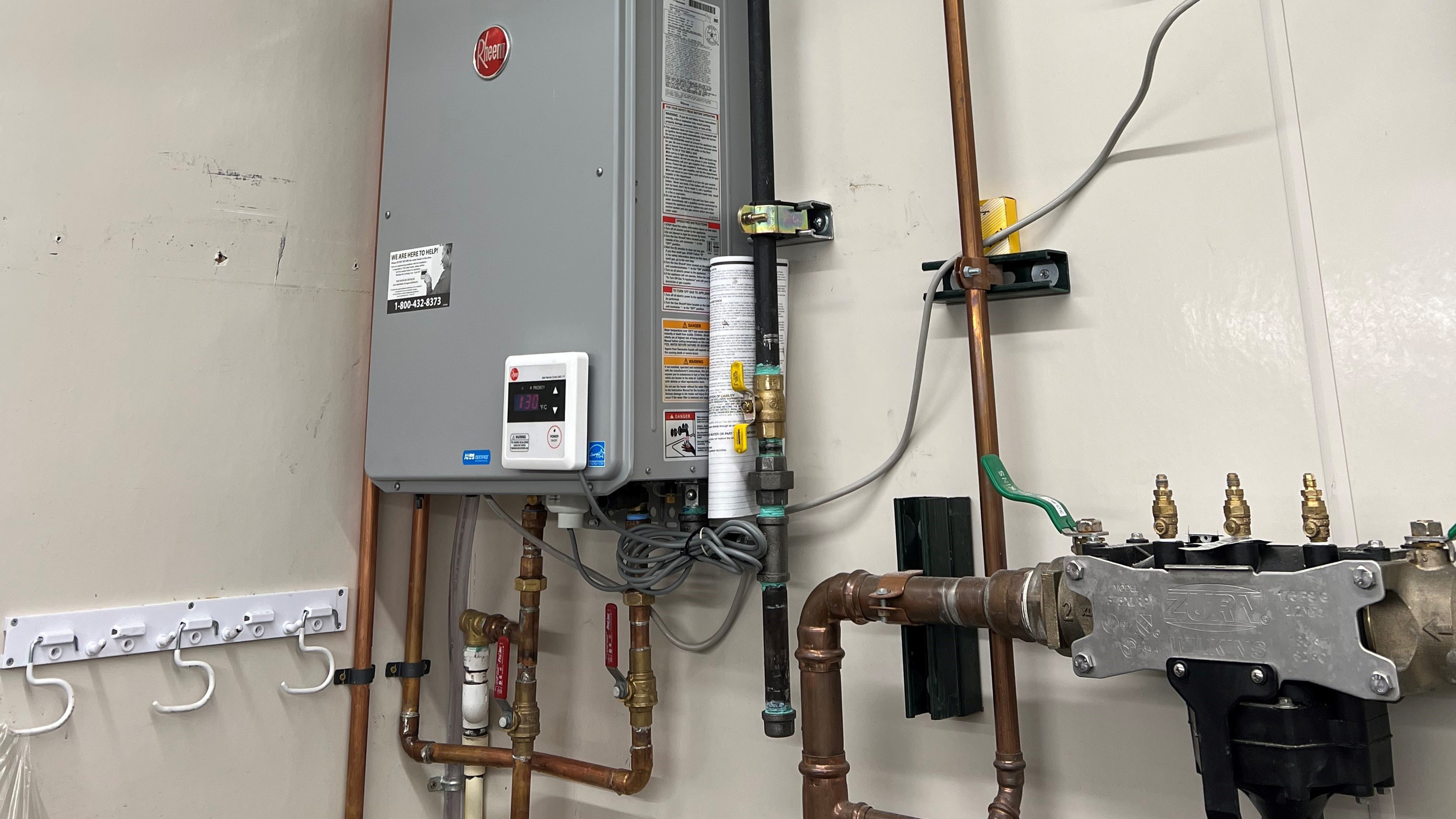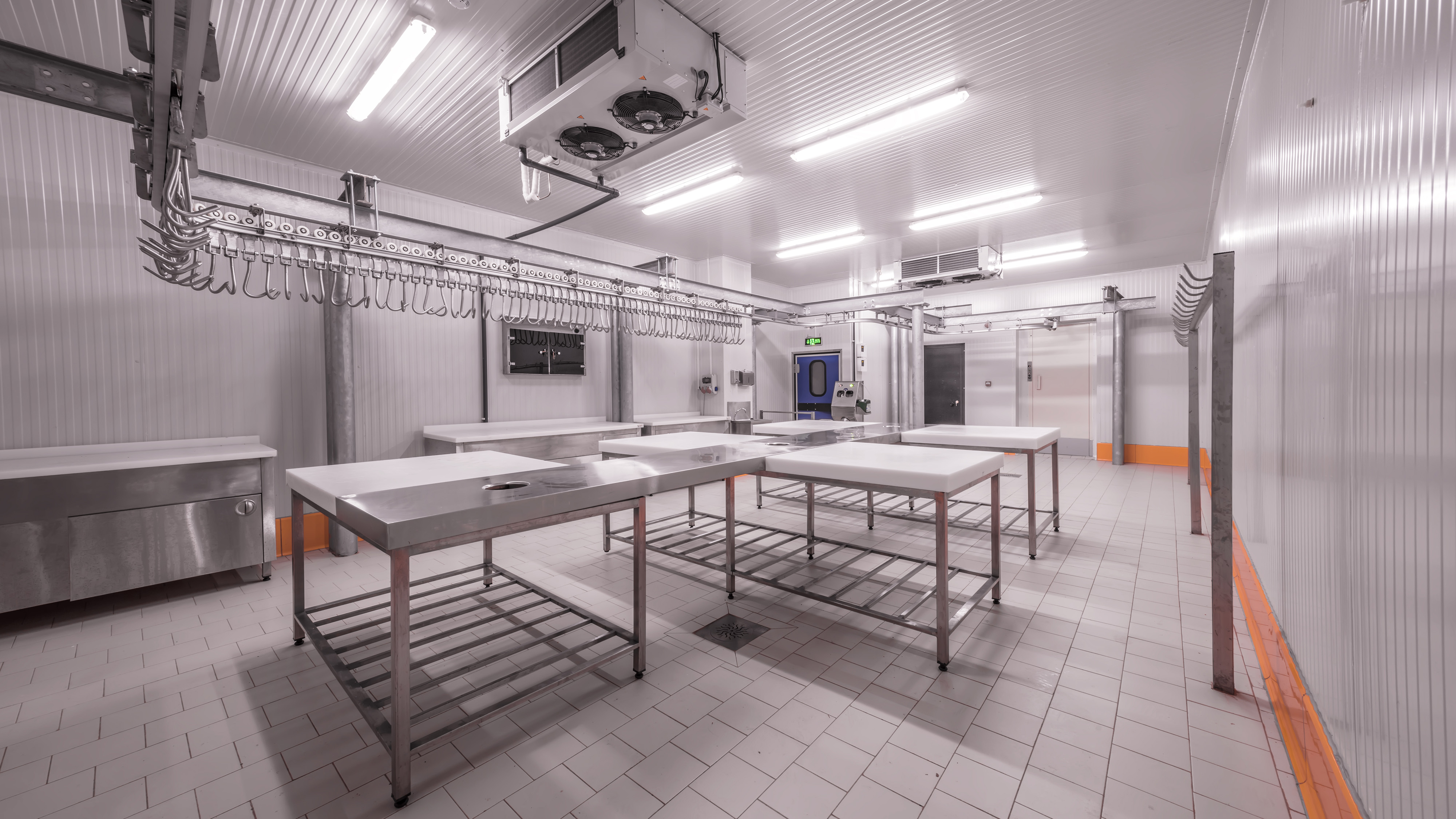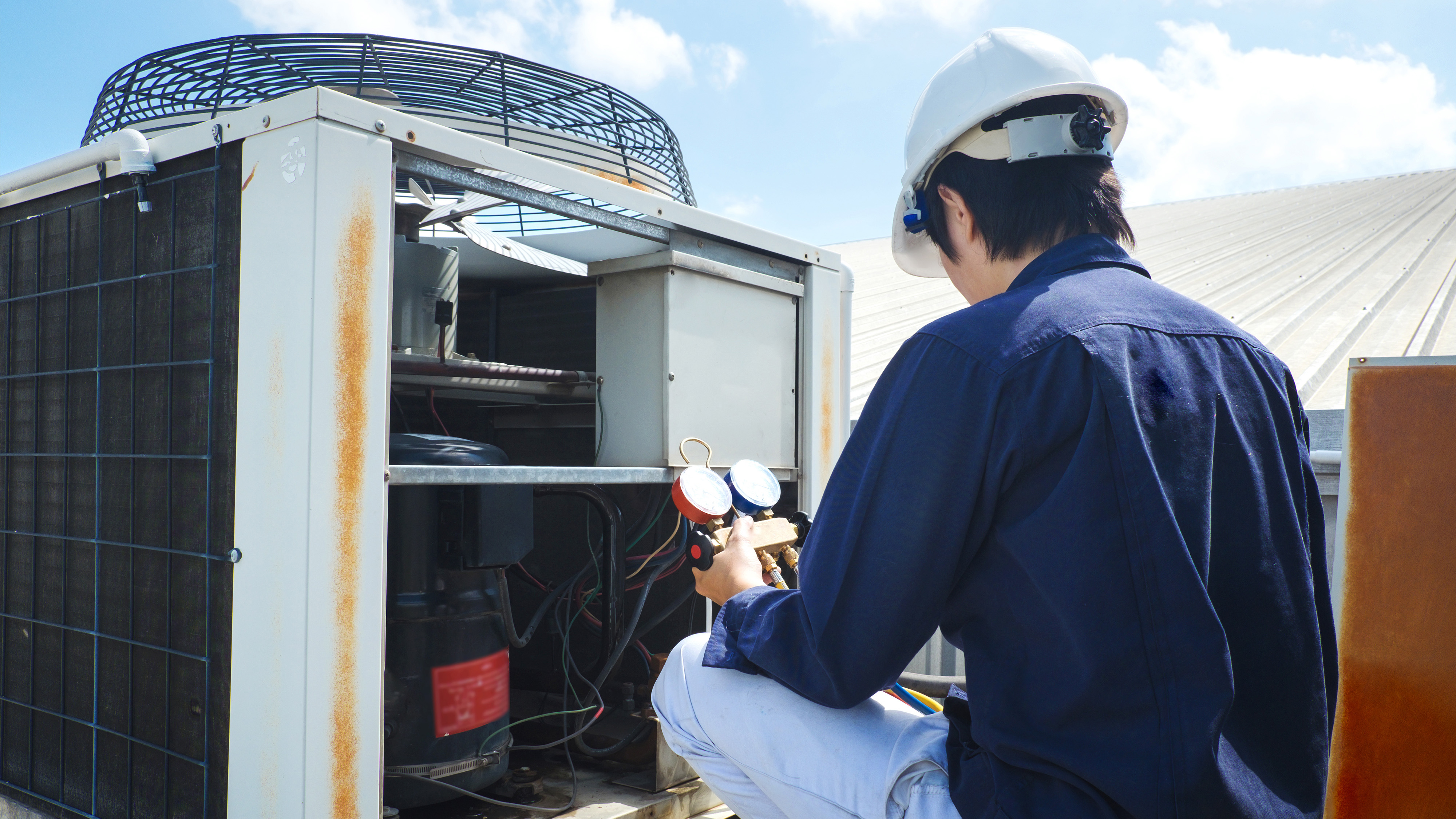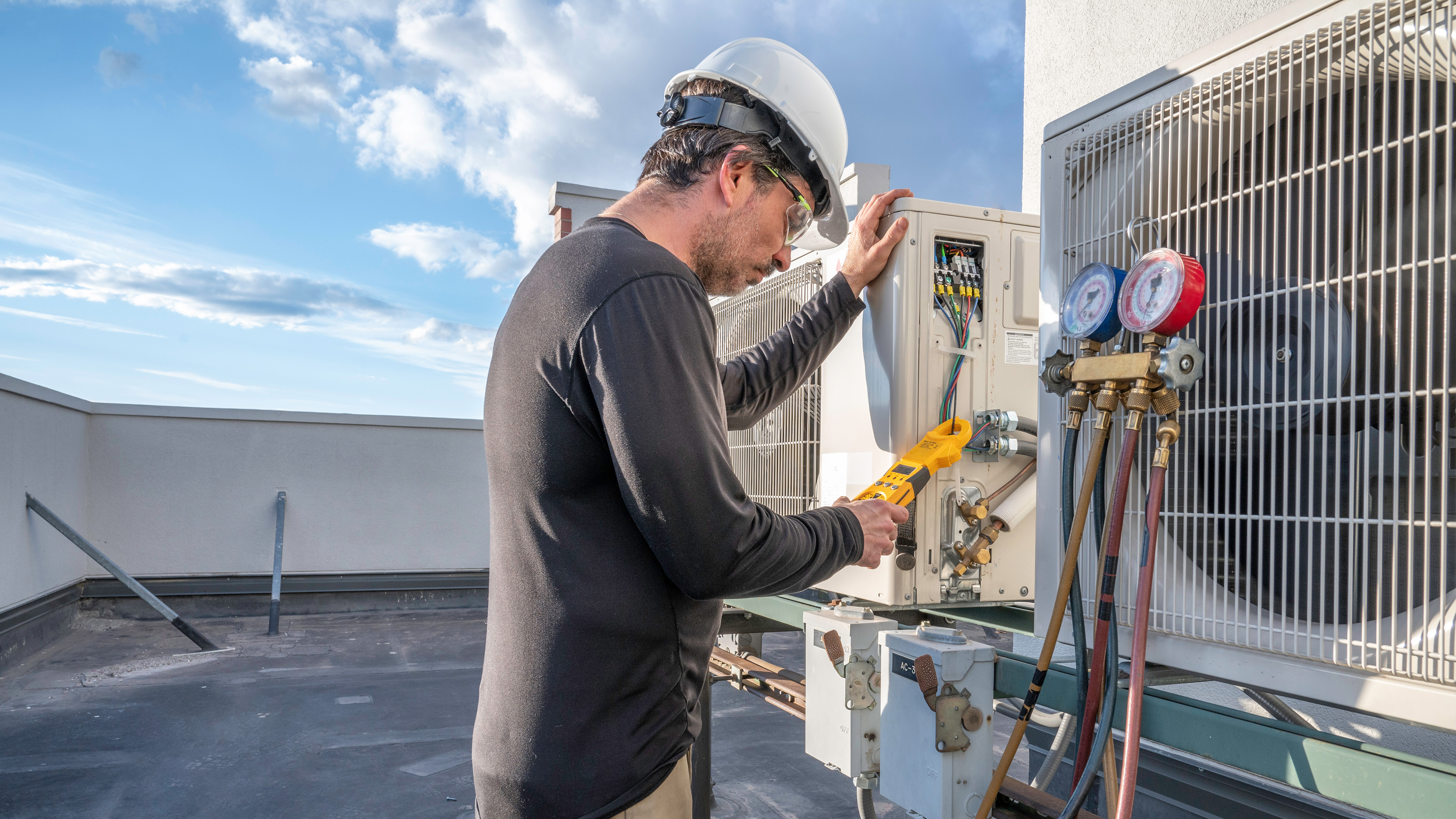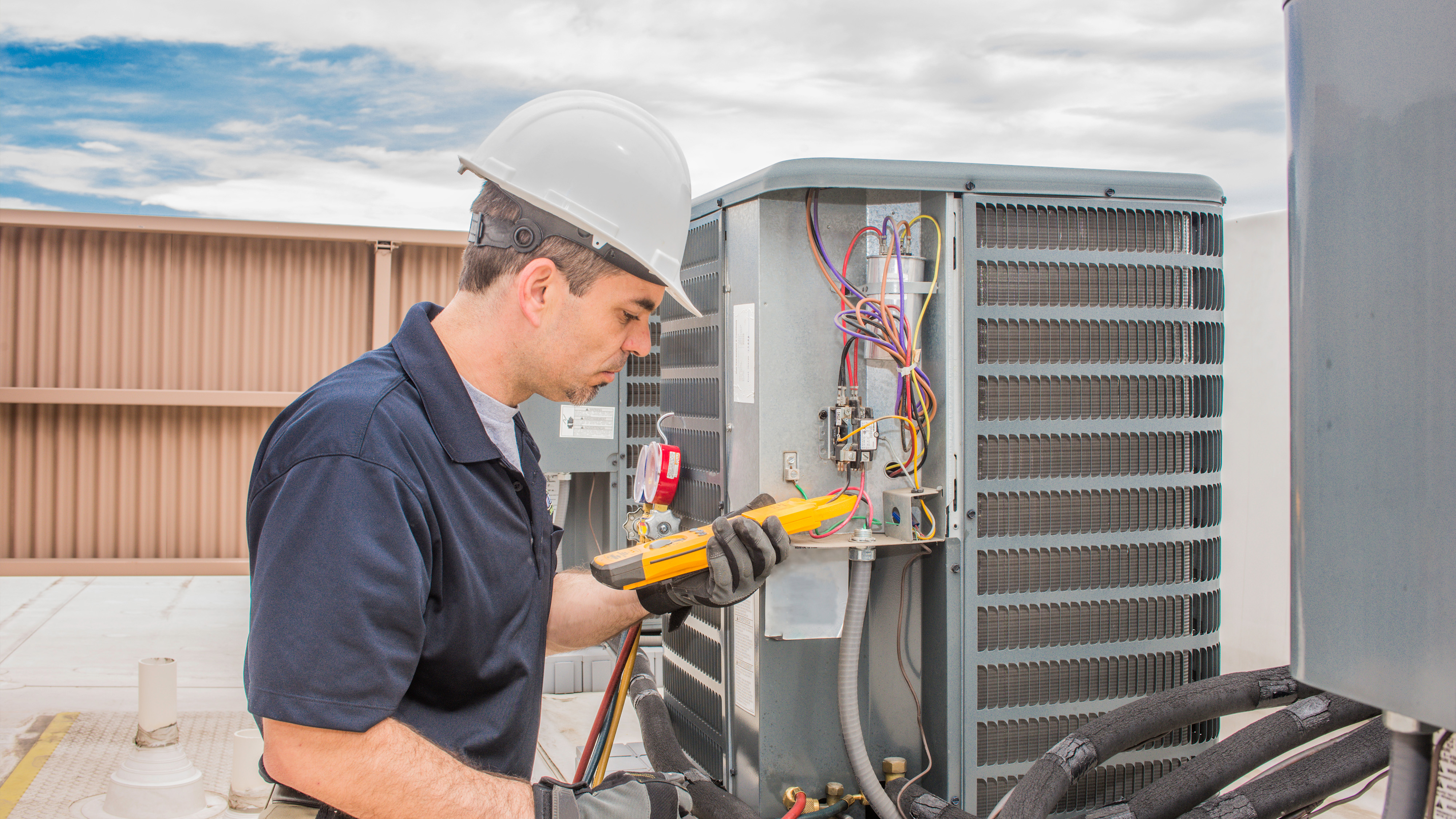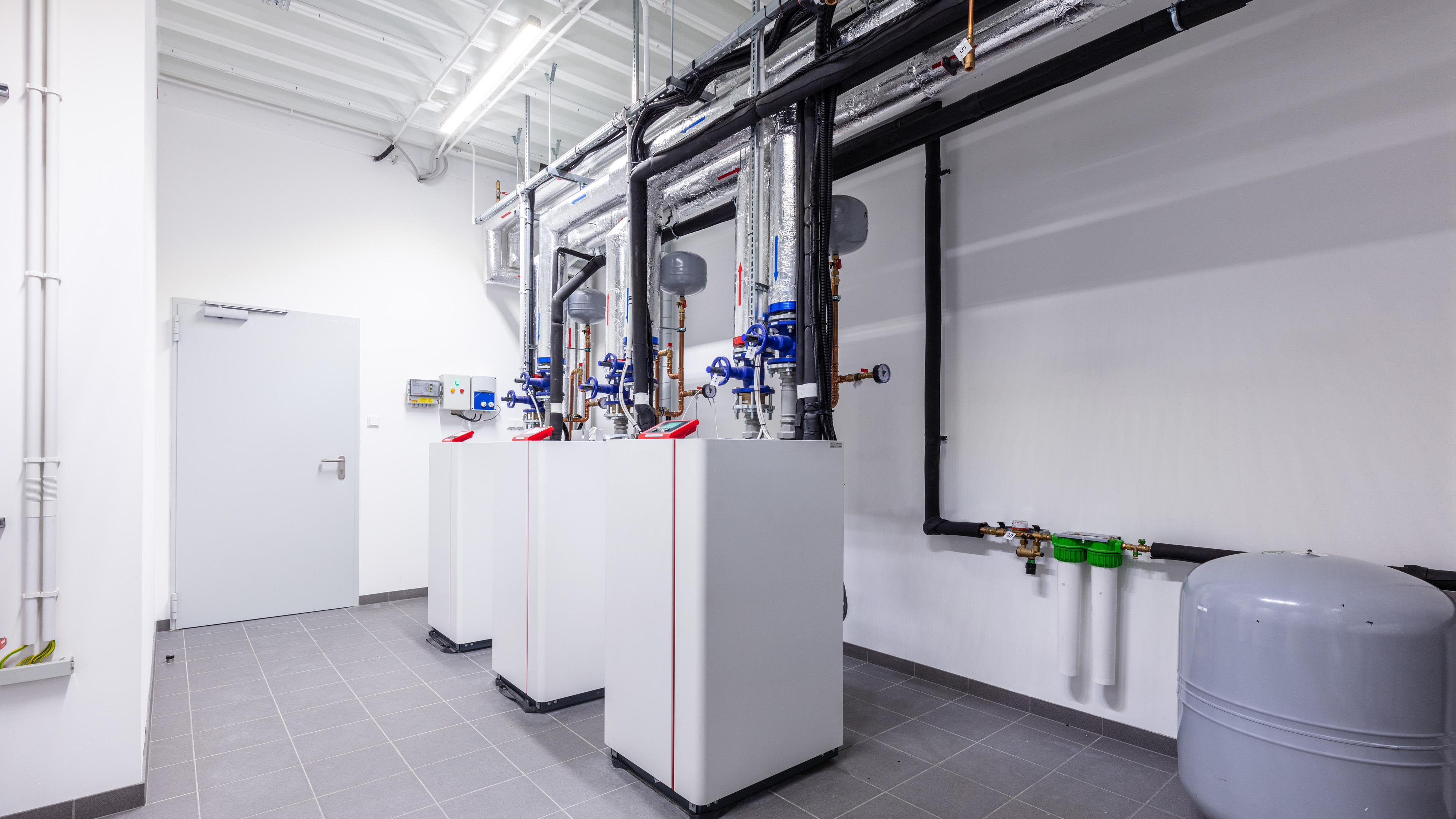
Commercial HVAC Partnership Demand: Snow & Ice Season in Michigan
It’s snow and ice season throughout Michigan, but what does winter weather do to an HVAC system? Throughout the winter, commercial HVAC systems take heat from outside your building and move it inside to keep your operation in an ideal climate. But how can this happen if your local area is experiencing frigid temperatures, snow, and ice? Commercial systems operate as designed, but potentially more inefficiently, directly affecting the energy costs of your business. Certain components of your HVAC system must be outdoors, exposing it to the effects of various environmental factors, including colder temperatures. Expert HVAC partners will provide elite service and trustworthy feedback to keep businesses modern, efficient, and sustainable while guiding great choices.
HVAC Partnerships, More than Emergency Services
Relationship-focused strategies have shifted from transactional short-term solutions to long-term reliability from commercial HVAC and refrigeration professionals. This trend is guided by customer experience, service-driven demands, and consultation requests to make calculated business decisions, encouraging service providers to deliver quality and supply expert feedback. For customers, long-term reliable partnerships lower costs and provide proactive service, which can extend the life of their HVAC and refrigeration systems.
Effects of Snowfall
An HVAC system can become covered in snow, restricting the efficiency of the unit. Since HVAC systems require airflow to operate effectively, proactively keeping snow clear of fans and vital components, such as the condenser, will alleviate excess stress on the heat pump. Visually inspect your system regularly during the winter season, and contact your commercial HVAC partner if signs of damage or inefficiencies within your building arise.
Effects of Ice
Ice covering an HVAC system can lead to significant inefficiencies and increased costs. Ice accumulation impairs the coils of a heat pump, even overcoming defrost cycles within the system that combat small amounts of ice. However, below-average colder temperatures, sleet, and freezing rain can cause extensive buildup and lead to the need for maintenance.
Significant ice buildup can prevent your building from maintaining an ideal climate, result in an emergency shut-off of your HVAC system, and cause pipes to freeze. Ice buildup causes the system to overwork with excessive cycling, driving up electricity costs and leading to excessive wear on components.
Preventive Maintenance
Filters can clog, pipes can freeze, and electrical systems can malfunction within a commercial HVAC system during winter months. Reliable commercial HVAC partnerships will diagnose the system to prevent a breakdown and keep your building efficient throughout the peak season. Expert HVAC professionals understand the process to avoid emergency services and costly downtimes. All commercial system components should be checked otherwise, leading to expensive emergency services during the peak winter months.
HVAC Partnerships in Demand
The market in the Midwest region of the country accounted for the maximum revenue share of more than 22.4% in 2022. Illinois, Michigan, and Ohio in the Midwestern part of the U.S. have the presence of a large number of manufacturing units. Therefore, the demand for commercial HVAC systems in the region is high, with significant growth expected through 2030.
Partnering with RMS
Sustainable, trustworthy partnerships drive the RMS team to deliver expert HVAC and refrigeration services throughout Michigan.
- Climate-controlled storage solutions.
- Commercial HVAC & refrigeration services.
- Innovative, sustainable & efficient results.
Valuing great relationships provides optimal outcomes, and RMS understands the importance of installing high-quality HVAC and refrigeration systems that meet your needs. Our team of experts provides customized solutions that optimize your units and implement cost-reducing energy efficiencies.

